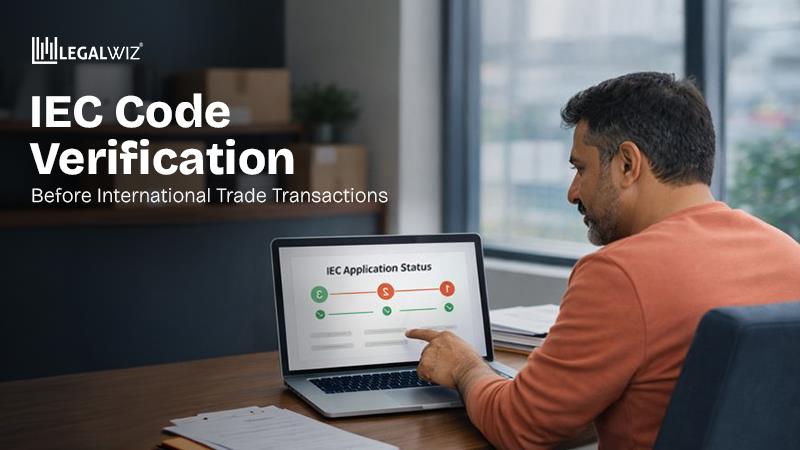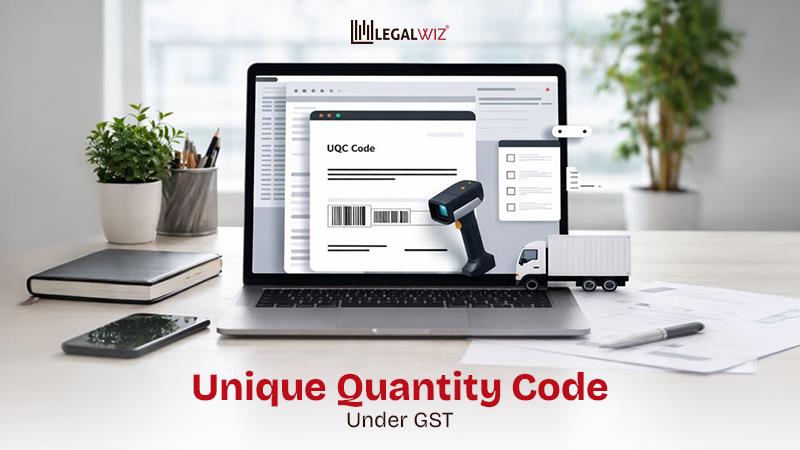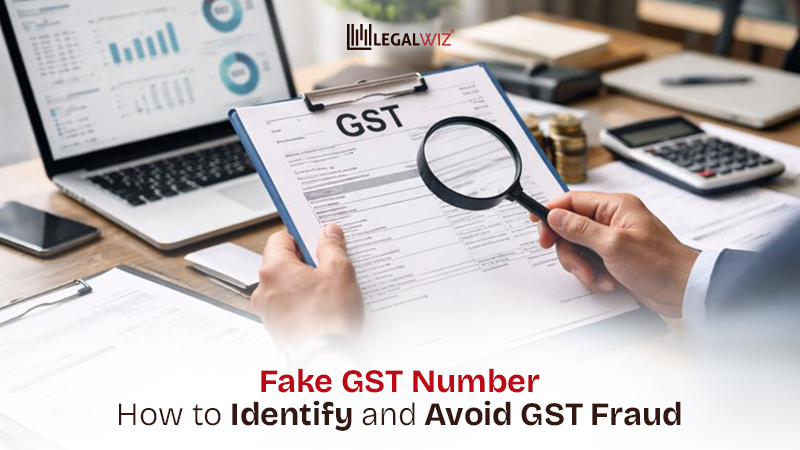What is the process of Winding up a Private Limited Company?
In India, closing a Private Limited Company is possible in two different ways – compulsory winding-up and striking off. A closure is enforced when the Company fails to comply with a lot of mandatory compliances. Therefore, if a company is unable to carry out its business operations for a considerable period and does not expect it to revive shortly, it is better to shut down that Company and avoid penalties resulting from non-compliances.
There can be various procedures for closing a Private Limited Company:
1. Compulsory Winding Up of a Company
Tribunal is responsible for this kind of winding up.
The following can be the reasons for the same:
- Company’s unpaid debts;
- A special resolution passed for winding up;
- Unlawful act by a company or the management of the Company;
- Fraudulent act or misconduct by the Company or the control of the Company;
- Default in filing an annual return or financial statements with the Registrar of Companies (ROC) for 5 consecutive years;
- Tribunal is of the view that the Company should wind up.
Procedure
- File a petition to the Tribunal along with the Statement of affairs of the Company;
- The Tribunal will either accept or reject the petition based on various criteria;
- Where a person other than the Company files a petition, Tribunal may direct the Company to file the objection. It goe along with the Statement of affairs within 30 days;
- The Tribunal shall appoint a Liquidator for the winding-up process;
- The liquidator shall carry out the functions of assisting and monitoring liquidation proceedings (taking over of assets, review, and examination of books of accounts, sale of assets, any other function, etc.). He/She shall prepare a draft report for approval from the winding-up committee;
- On approval of the draft report, the liquidator shall submit the final report to the Tribunal for passing a winding-up order.
- A liquidator A copy of the order shall be forwarded to ROC (Registrar of Companies) by the liquidator within 30 days. Any failure in doing so leads to a penalty.
- When ROC is fully satisfied, it approves winding up of the Company and strikes of its name from the Register of Companies;
- ROC sends a notice for publication in the Official Gazette of India.
Note: There are different forms and requirements when it comes to the process of compulsory winding-up of a company.
2. Voluntary Winding Up of a Company
This kind of winding up of the Company is possible either by passing a special resolution or a resolution in a general meeting.
The following can be the reasons for the same:
- The occurrence of any event in AOA (Articles of Association) providing for winding up of the Company;
- The Company voluntarily decides to wind up.
Procedure
- Pass a resolution in general meeting for the events mentioned in AOA or a special resolution for voluntary decision and a creditors’ meeting;
- Provide a declaration of the solvency of the Company for payment of unpaid debts;
- Submit the declaration of solvency along with auditor’s report and registered valuer’s report (in case of valuation of assets of the Company) to ROC;
- Appoint a Liquidator for winding up proceedings. Winding up proceedings shall start from the date of passing resolution;
- The liquidator shall prepare a report of winding up and call a general meeting of the Company for laying final winding up accounts;
- If the majority members agree to it, a resolution shall be passed;
- A Liquidator shall send a copy of statements to ROC and apply along with the report to the Tribunal;
- Tribunal shall, after considering the facts, pass an order for winding up of the Company;
- A copy of the order shall be forwarded to ROC (Registrar of Companies) by the liquidator within 30 days, the failure of which shall lead to a penalty.
- When ROC is fully satisfied, it approves winding up of the Company and strikes of its name from the Register of Companies;
- ROC sends the notice for publication in the Official Gazette of India.
3. Fast Track Exit Scheme (FTE)
This kind of winding up is for striking off the name of Defunct companies from the register of companies.
Defunct companies:
- A company that does not have any assets or liabilities;
- Any company that does not commence its business activity after the incorporation;
- When a company has not carried out any business activity for at least one year
If a company is covered under this definition, then it is treated as a defunct company, and it can be wound up through a Fast Track exit scheme.
Procedure
- Send an application to ROC (Registrar of Companies) in Form FTE with requisite government fee (paid online);
- ROC examines the request and sends notice to the Company by e-mail that the name of the Company is off from the Register of Companies. Also, it mentions that the winding-up proceedings shall start in case of the absence of anything contrary within 30 days;
- It places the names of applicants and the date of making an application on the MCA portal, giving an opportunity to the stakeholders to raise objections against winding up, if any, within 30 days;
- The Income Tax Department is informed by ROC regarding winding up application. It gives the department an opportunity to raise objections against winding up, if any, within 30 days;
- ROC, when being fully satisfied, approves winding up of the Company and strikes of its name from the Register of Companies;
- ROC sends a notice for publication in the Official Gazette of India.
Conclusion
In case a company is being wound up (compulsory wind up or voluntary wind up), every document/ invoice/ order/ business letter, issued by or on behalf of the company or company liquidator or receiver or manager of property of the Company, shall contain a “statement regarding the winding up of company.” Its non-compliance would lead to a penalty.

CA Saba Naaz
CA in practice, Partner at S. Saraf & Associates, Gurugram, also a blogger at indiantaxhub.blogspot.com. I am passionate about sharing knowledge by writing articles for students and professionals both. I deal in income tax, GST, corporate compliances, audit and accountancy.







